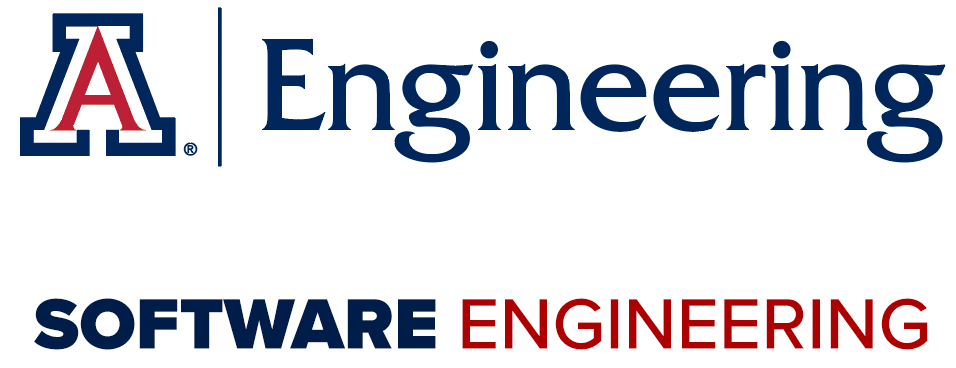The Software Engineering undergraduate degree program will request an evaluation by the Engineering Accreditation Commission of ABET once the degree program yields a cohort of graduates.
Accreditation by ABET is an assurance that the program meets the quality standards of the profession for which it prepares graduates. These standards include objectives and outcomes defined by the faculty with input from the department and program’s industrial advisory boards and from alumni.
About ABET
ABET accredits college and university programs in applied and natural science, computing, engineering and engineering technology. ABET accreditation is the culmination of continuous self-assessment and improvement, and assures that ABET-accredited programs meet the needs of students and their chosen professions while preparing graduates to enter the professional world.
Value Assured
Accreditation criteria focus on what students experience and learn. ABET’s voluntary peer-review process is highly respected worldwide because it adds critical value to academic programs in the technical disciplines, where quality, precision and safety are of the utmost importance.
ABET has 2,200-plus experts from industry, academia and government who provide quality assurance by serving as program evaluators, commissioners, board members and advisers. ABET is a nonprofit, nongovernmental organization recognized by the Council for Higher Education Accreditation.
Software Engineering Program Educational Objectives:
Objective 1: Technical Proficiency. Graduates will apply their knowledge of software engineering principles and practices to define, design, develop, test, deploy, and maintain innovative and secure software solutions that meet user needs and address real-world challenges, while also considering factors that have a cultural, environmental, economic, and ethical impact.
Objective 2: Professional Growth. Graduates develop a sense of social responsibility and pursue life‐long learning opportunities to enhance their technical, interdisciplinary, and interpersonal skills. Graduates demonstrate ethical principles in the application of software-based solutions to societal and organizational problems.
Objective 3: Leadership Skills. Graduates will develop and refine their leadership, effective communication, and collaboration skills to maximize software value and quality in a team setting. Graduates will serve as role models for others and promote a culture of diversity, inclusion, and equity in their work environment.
Software Engineering Student Learning Outcomes:
The student learning outcomes (SLO) for the Software Engineering BS program are consistent with those specified by the Engineering Accreditation Commission, as shown below:
1. an ability to identify, formulate, and solve complex engineering problems by applying principles of engineering, science, and mathematics
2. an ability to apply engineering design to produce solutions that meet specified needs with consideration of public health, safety, and welfare, as well as global, cultural, social, environmental, and economic factors
3. an ability to communicate effectively with a range of audiences
4. an ability to recognize ethical and professional responsibilities in engineering situations and make informed judgments, which must consider the impact of engineering solutions in global, economic, environmental, and societal contexts.
5. an ability to function effectively on a team whose members together provide leadership, create a collaborative and inclusive environment, establish goals, plan tasks, and meet objectives
6. an ability to develop and conduct appropriate experimentation, analyze and interpret data, and use engineering judgment to draw conclusions
7. an ability to acquire and apply new knowledge as needed, using appropriate learning strategies.

